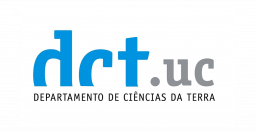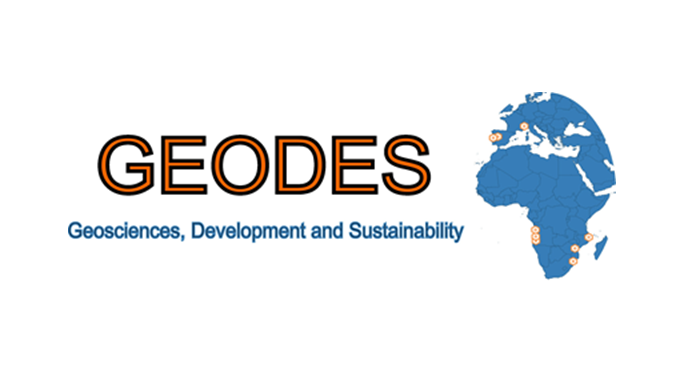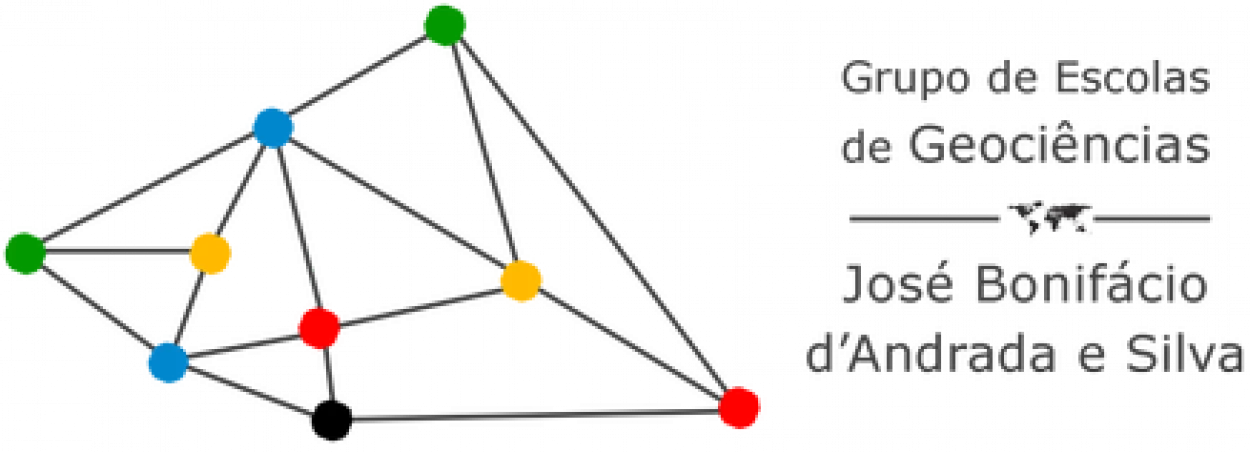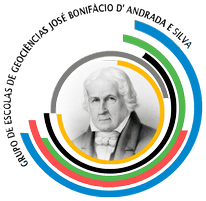Projects
Project CLIMATE@COA
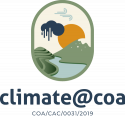
Climate and human adaptation during the last Glacial Period in the Côa Valley region (Portugal).
Project financed by FCT.
For more information, consult https://climatecoa.com/.
GEODES Project
PROJECT OVERVIEW
With the GEODES project, coordinated by professors from the Department of Earth Sciences at the University of Coimbra, training/research in the field of geosciences is promoted in institutions in Angola and Mozambique where it is taking its first steps and a large margin is recognized of progression. The main institutions to support are the Polytechnic Institute of Katiavala Bwila University (UKB, Benguela, Angola), Polytechnic Institute of Mandume ya Ndemufayo University (UMN, Lubango, Angola), Faculty of Engineering of the University of Lúrio (ULurio, Pemba, Mozambique) and Faculty of Geosciences and Environment of the University of Pungué (UPungue, Chimoio, Mozambique). The project also involves, with tutorial functions at a regional level, the universities where training in geosciences is more consolidated in both countries (Agostinho Neto University in Angola and Eduardo Mondlane University in Mozambique), as well as the universities of Salamanca and Turin. This is a project of the Erasmus+ Program that should reinforce the development of partnerships between the University of Coimbra and its Department of Earth Sciences with institutions in Angola and Mozambique.
For more information, see the Project Geodes website by clicking here.
Geosciences Group José Bonifácio d’Andrada e Silva
The Geosciences Schools Group continues the cooperation agreement between Higher Education Institutions of the Member Countries of the Community of Portuguese-Speaking Countries with regard to “(…) cooperation between higher education institutions through activities to support education and culture , scientific and technological research and development”.
It aims to consolidate the global relevance of Geosciences as a fundamental pillar for the knowledge society, for the valorization of resources and geodiversity, as well as for the creation of technologically developed and sustainable solutions.
This partnership adopts the name “José Bonifácio d'Andrada e Silva Schools of Geosciences”, in honor of the first specific chair in “Geology and Mines”, at the University of Coimbra, created by royal charter, on May 18, 1801, attributed to Professor José Bonifácio d'Andrada e Silva.
Partner institutions
 |
| 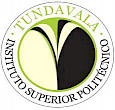 |
| 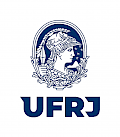 |
| 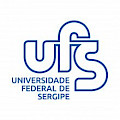 |
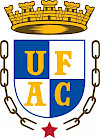 |
|
| Departamento de Geologia (Faculdade de Ciências) e Departamento de Engenharia de Minas (Faculdade de Engenharia), Universidade Agostinho Neto (Luanda, Angola) | | Instituto Superior Politécnico Tundavala (Lubango, Angola) | | Departamento de Geologia da Universidade Federal do Rio de Janeiro (Rio de Janeiro, Brasil) | | Laboratório de Geologia e Geo Engenharia de Petróleo (Progeologia), Núcleo de Petróleo e Gás (NUPEG), Universidade Federal de Sergipe (Sergipe, Brasil) | Universidade Federal do Acre (Rio Branco, Acre, Brasil) | |
| | | | | | | | ||
 |
| 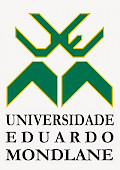 |
|  |
| 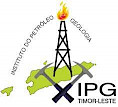 |
||
| Departamento de Ciência e Tecnologia da Universidade de Cabo Verde (Cidade da Praia, Cabo Verde) | | Departamento de Geologia da Universidade Eduardo Mondlane (Maputo, Moçambique) | | Departamento de Ciências da Terra da Faculdade de Ciência e Tecnologia da Universidade de Coimbra (Coimbra, Portugal) | | Instituto do Petróleo e Geologia (Díli, Timor-Leste) |
Scope of Activities
| Research, Development and Innovation |
|
Teaching and Training |
|
Institutional Capacity Building |
|---|---|---|---|---|
|
Strategic discussion: Scientific development and innovation; Articulation of companies and national/international organizations Cooperation between scientific groups: Scientific articles; books; minutes; knowledge transfer Resource sharing: Bibliographic; cartographic; laboratory resources and others Internationalization: International cooperation; Revalidation of skills |
Stimulate the exchange of experiences: Scientific-pedagogical; Pre and postgraduate curriculum plans Accreditation of the quality of teaching: Interinstitutional; multidisciplinary; Pre and post graduate study cycles; Revalidation of skills Internationalization: Summer courses; In/out mobility of students and teachers; Cooperation of R&D units; Attracting and welcoming researchers Teaching and Pedagogical Development: Technological advances: new communication channels |
Inter-institutional reference: Partnerships; mutual contributions Disclosure: Scientific congresses; Seminars; Workshops; Cultural events Sustainability: Joint applications; External resources. |

